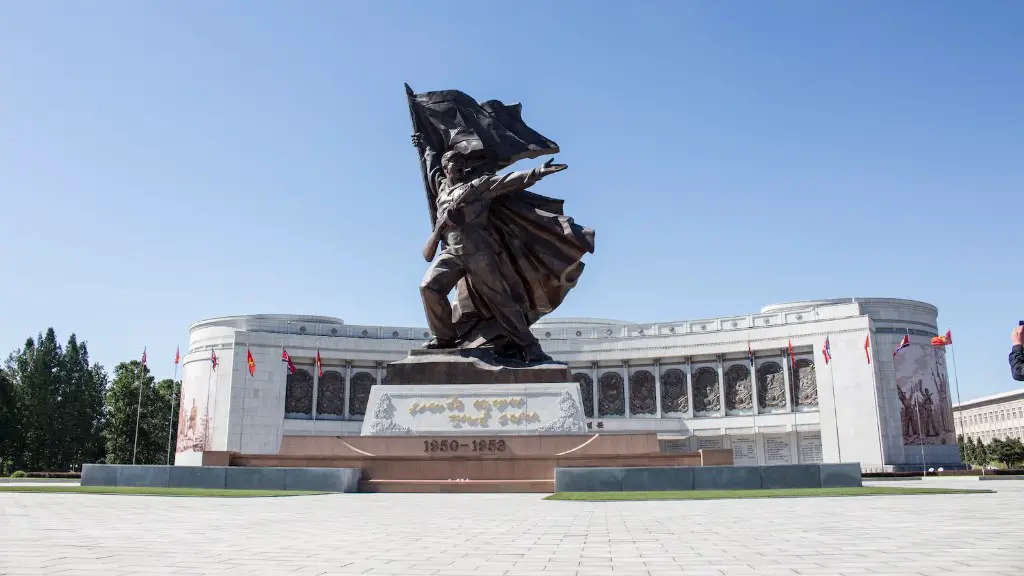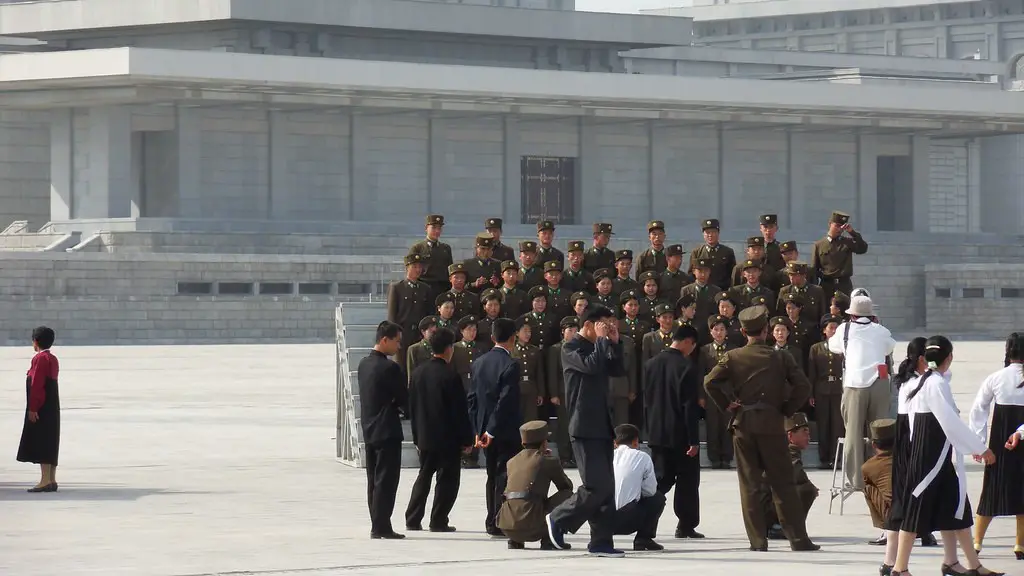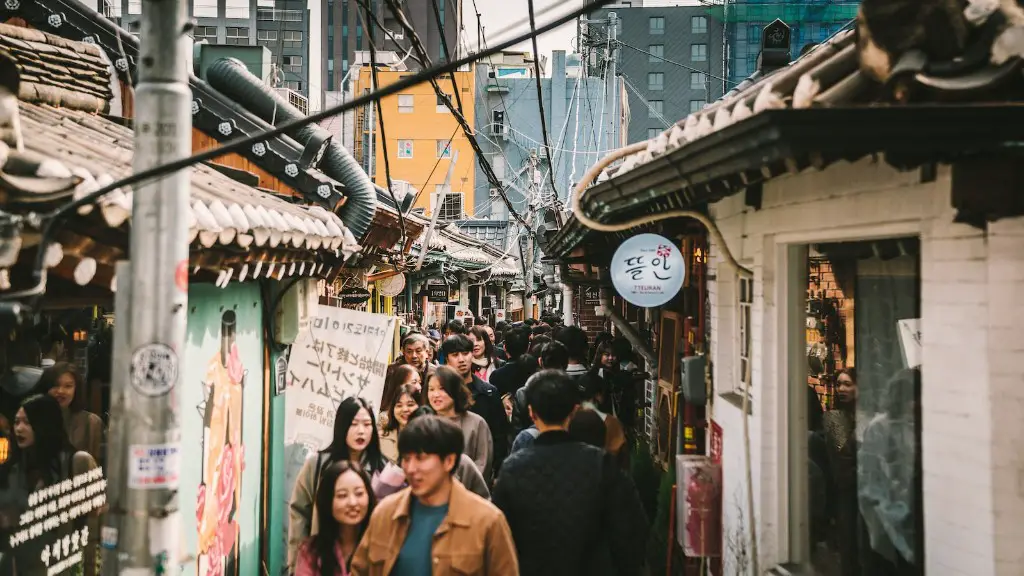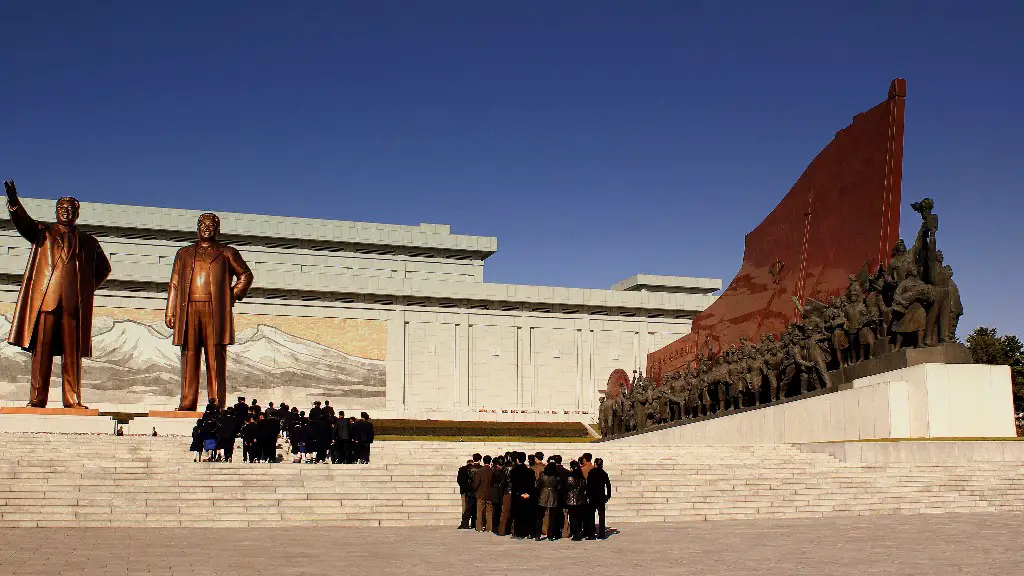North Korea is a closed-off country by most of the world’s standards. For many scientists and other experts, the nation’s strict travel rules create a fascinating challenge. Accounting for who is allowed to go to North Korea has its own complexities – domestic as well as external restrictions may apply.
In terms of entry and exit from North Korea, there are two main types of travelers: outsiders, or non-citizens, and North Korean citizens. Outsiders are the more noticeable to outsiders, as those who travel to North Korea have to have permission from the North Korean government beforehand. This permission is almost never granted except for special visits.
North Korean citizens are mostly restricted to their own country, with international travel very difficult and highly regulated. Citizens may be able to visit China in some cases, but with strict rules in order to limit the amount of outside influence they might receive. It is also difficult for citizens to receive permission to visit other foreign countries, let alone emigrate completely.
Most foreigners who want to go to North Korea will have to go through a tour group. Even then, they are likely to only be allowed to go to a select few sites, as the government is eager to control the impressions and experiences of all visitors. Typically, visits to the country will be closely monitored, and visitors may be limited to certain kinds of activities. This has made it quite difficult for scientists, study groups, and others to gain permission for research or to conduct extensive interviews.
There have been notable exceptions to the travel restrictions for select groups of foreign visitors. Journalists are allowed in to report on certain events, usually under close supervision. Aid workers have also been allowed in to provide assistance in times of need, but these visits are usually temporary.
All of this has led to some interesting questions, especially when it comes to international relations and foreign individuals who want to go to North Korea. For example, what would happen if a North Korean citizen wanted to come to the US? It is not clear whether this would be possible, as the US has generally limited its interactions with North Korea.
International Politics of North Korea
The international politics of North Korea are complex, to say the least. As a largely closed-off nation, many Western powers have placed restrictions on travel to the country. The United States recently created something known as the “ travel ban”, which prevented citizens from most countries from entering the US. North Korea has similarly limited its interactions with other countries, creating a closed state.
North Korean citizens, on the other hand, have much fewer opportunities to move abroad. Even Chinese citizens are restricted from moving to the North, and the level of automation and bureaucracy involved in getting permission from the government make it almost impossible for someone from North Korea to go abroad.
The politics of travel to North Korea are further complicated by the international relations of North Korea. The country is an adversary to the US and other Western powers in many ways, and this has led to further restrictions on travel by civilians. For example, US citizens can no longer even visit North Korea unless they first obtain a special visa, a process that requires extensive solutions.
It is also worth mentioning that North Korea is in many ways a closed society by choice. Although the government is restrictive, it has been successful in keeping certain kinds of information and ideas out of the country. This is done as a means of controlling the population and preventing outside influences from corrupting the ideology of the North Korean people.
Political Environment of North Korea
The international political environment affects the travel rules of North Korea in a number of ways. For example, the US travel ban ends up affecting North Koreans who want to travel abroad, even if they do not want to come to the US. In general, North Korea is hostile to the West and its policies, making it difficult for individuals from North Korea to gain access to US visa and other forms of travel.
At the same time, North Korea is still somewhat of a mystery to the rest of the world. This is due to its closed nature, which means that few people have the opportunity to visit and explore the country for themselves. As a result, the international community has limited knowledge of the people and culture of North Korea.
It is important to note that North Korea heavily restricts the kinds of information that its citizens can access. This means that, for outsiders, it can be difficult to get an accurate and complete picture of the political environment of the country. This is why outside organizations often rely on a combination of research and interviews to gain information about the nation.
The effects of North Korea’s travel regulations can also be felt in neighboring countries. For example, China is a major trading partner of North Korea, yet it has begun to tighten its own travel rules in response to the nation’s policies. Other neighboring countries have done the same, creating further barriers to free travel and other activities.
Impact on the North Korean People and Population
The travel restrictions imposed on North Koreans has had a profound impact on the people and population of North Korea in numerous ways. The restrictions have had implications for the people’s civil rights, as the government has been able to greatly limit the amount of freedom its people have. This has had an impact on the economy, as well. Trade, investment, and tourism all have been restricted, leading to a decrease in economic livelihood for many North Koreans.
The travel restrictions have also had an impact on the relationships between North Korea and the outside world. The nation has become increasingly isolated, leading to greater difficulty for those looking to interact with the nation and its people in meaningful ways. For example, it is much harder for humanitarian organizations to gain access to the nation, limiting their ability to help the North Korean people.
The restrictions have also had a major impact on the population of North Korea. The population is decreasing, as fewer North Koreans are able to travel abroad to find work or educational opportunities. Further, the restrictions have limited the amount of information North Koreans are able to receive from the outside world, making it difficult to gain a complete and accurate understanding of the situation in North Korea.
Conclusion of Travel to North Korea
Who is allowed to go to North Korea is an important question in the current political climate. The nation has become increasingly isolated from the rest of the world due to its travel restrictions, which has had significant impacts on the people and population of North Korea. As the situation continues to evolve and the travel regulations begin to ease, it will be interesting to see if the North Korean people will gain any more freedom to travel.




